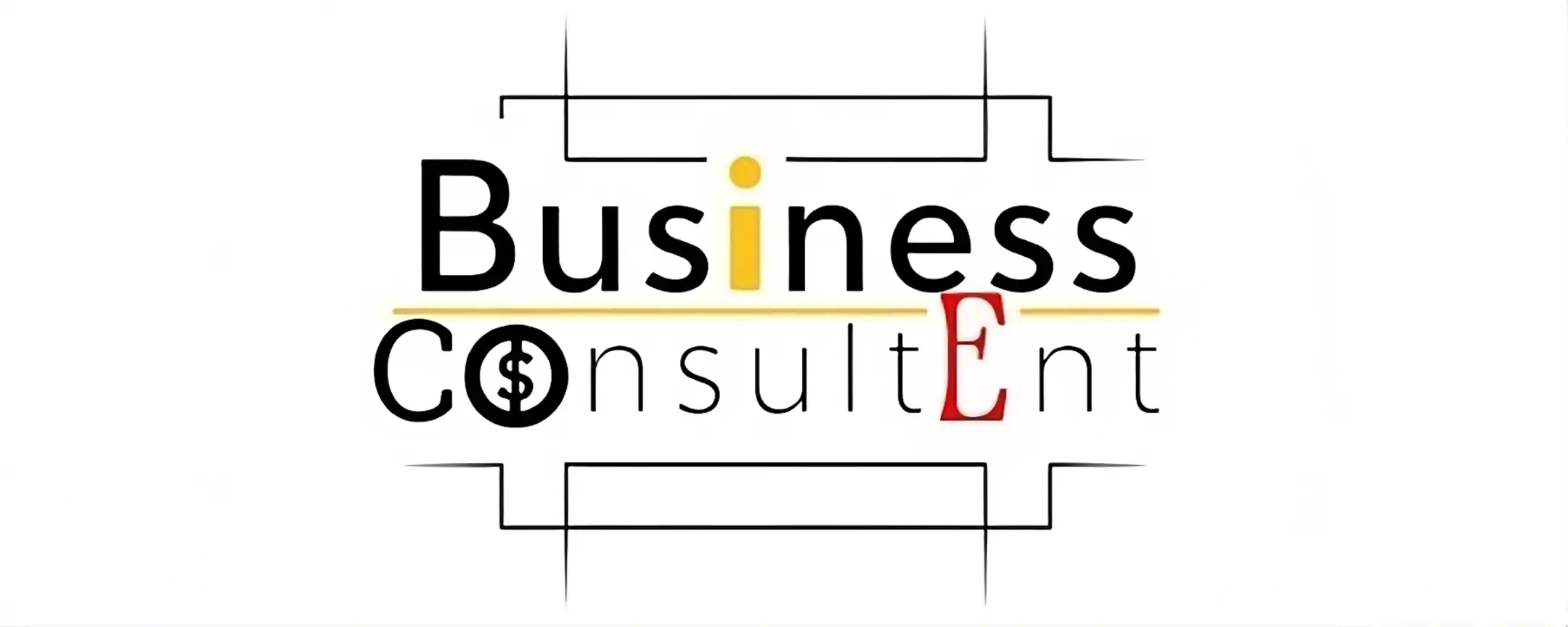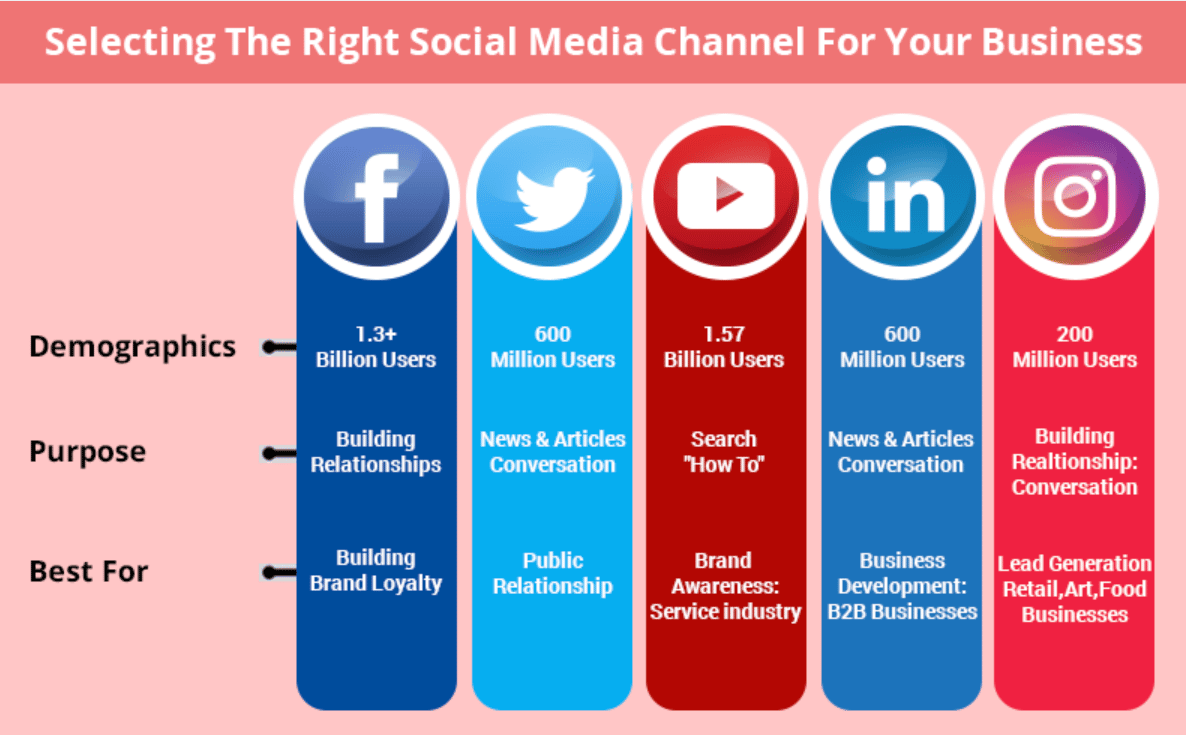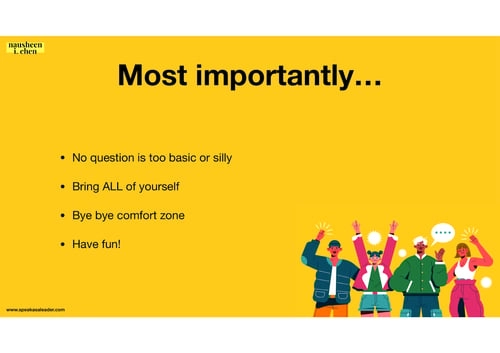Small businesses face many challenges. These challenges can make or break a business. Let’s explore the biggest challenges for small businesses.
1. Limited Capital
Small businesses often start with limited capital. This can limit growth and expansion. Without enough money, it’s hard to buy supplies or hire workers.
2. Cash Flow Management
Managing cash flow is crucial. Small businesses need to balance income and expenses. Late payments from customers can cause big problems.
3. Competition
Many small businesses face tough competition. Bigger companies often have more resources. Small businesses must find ways to stand out.
4. Marketing
Marketing is essential to attract customers. Small businesses might not have big marketing budgets. They need to be creative with their marketing strategies.
5. Hiring Employees
Finding the right employees can be hard. Small businesses need skilled workers. But they might not have the money to offer high salaries.
6. Regulatory Compliance
Following laws and regulations is important. But it can be complicated and time-consuming. Small businesses need to stay updated with the rules.
7. Technology
Technology is always changing. Small businesses need to keep up. But new technology can be expensive.
8. Customer Retention
Keeping customers is just as important as finding new ones. Small businesses need to build strong relationships with their customers.
9. Economic Changes
Economic changes can affect small businesses. A recession can lower sales. Small businesses need to be prepared for economic shifts.
10. Time Management
Running a small business takes a lot of time. Owners often wear many hats. They need to manage their time well to succeed.
11. Cybersecurity
Cybersecurity is a growing concern. Small businesses might not have strong security measures. They need to protect their data from hackers.
12. Supplier Issues
Suppliers can impact a small business. Delays or quality issues can hurt the business. It’s important to have reliable suppliers.
13. Scaling Up
Scaling up a business is challenging. It requires more resources and planning. Small businesses need to be ready for growth.
14. Managing Inventory
Inventory management is crucial. Too much inventory can tie up money. Too little can lead to lost sales.
15. Health Care Costs
Health care costs can be high. Small businesses need to provide benefits to attract employees. But it can be expensive.
16. Legal Issues
Legal issues can arise. Small businesses need to be aware of legal risks. It’s important to have legal support.
17. Adapting to Change
Change is constant. Small businesses need to adapt quickly. This can include changes in the market or new regulations.
18. Building a Brand
Building a brand takes time. Small businesses need to create a strong brand identity. This helps attract and keep customers.
19. Networking
Networking is important. Small businesses need to build connections. This can lead to new opportunities and partnerships.
20. Stress Management
Running a small business can be stressful. Owners need to manage their stress. This helps them stay focused and productive.
How to Overcome These Challenges
- Plan your finances carefully.
- Use technology to improve efficiency.
- Focus on customer service.
- Stay informed about industry trends.
- Build a strong network of contacts.

Frequently Asked Questions
What Are The Main Financial Challenges?
Small businesses often struggle with cash flow, securing funding, and managing operational costs effectively.
How To Handle Competition Effectively?
Understand competitors, differentiate your services, and continuously innovate to stay ahead in the market.
Why Is Customer Acquisition Difficult?
Limited marketing budgets and resources make it hard to reach and attract new customers consistently.
What Are Common Marketing Challenges?
Creating brand awareness, generating leads, and converting them into customers are major marketing hurdles.
Bottom Line
Small businesses face many challenges. But with careful planning and hard work, they can succeed. Stay focused and never give up.
Related Content
What must an entrepreneur assume when starting a business?
Things Entrepreneurs Need to Know
What is an Entrepreneurial Process
What is the difference between a startup and a business?
An Entrepreneur would most likely be interested in
Choosing the right Business Structure
How to do Market Research for New Startups




